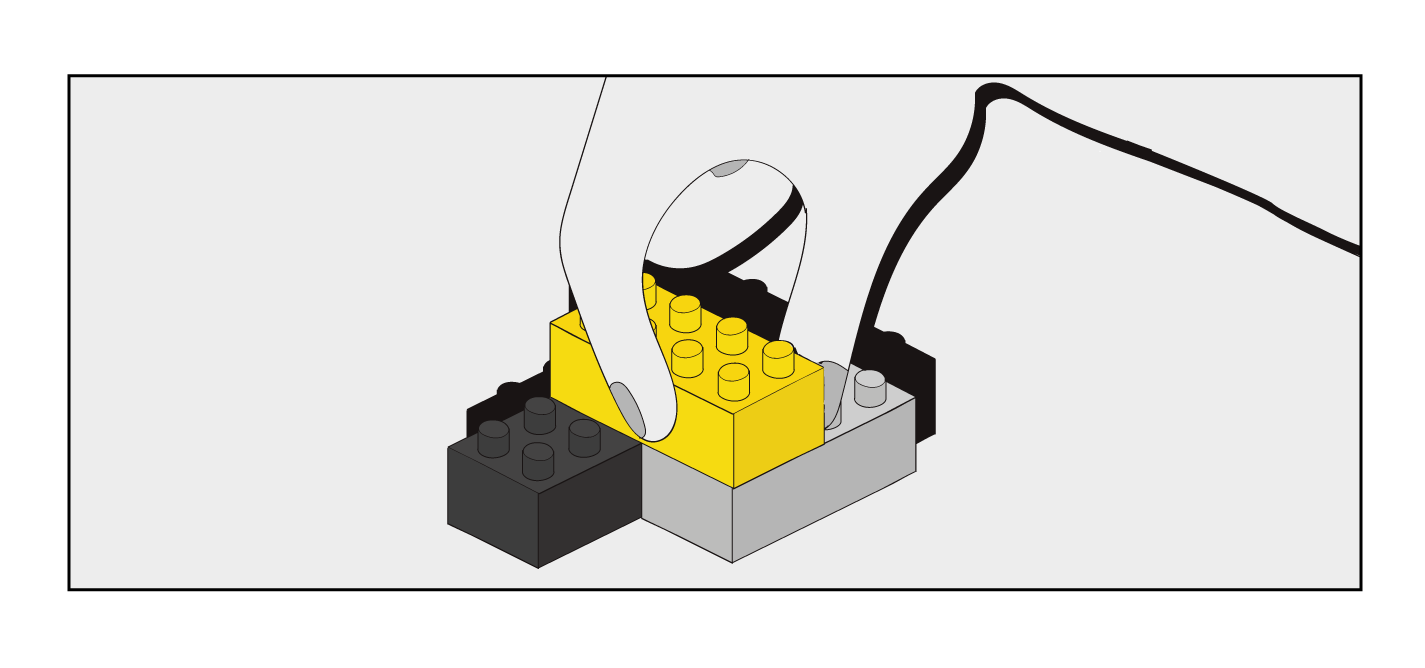
How to keep the diaspora close?
Now is the time when the diaspora should be included in Kosovo’s development.
|24.12.2020
|
An increase in interest to vote by the diaspora has been noticeable in recent years.
The main organized activities for the diaspora have been folkloric concerts and poor cultural activities with no sound benefit for them
Except for the financial help which Kosovo needs, the time has come for the diaspora to help through expertise on nation-building, as well.

Skënder Perteshi
Skënder Perteshi is a counter-terrorism/countering violent extremism analyst and researcher at the Kosovar Center for Security Studies (KCSS). He is the author of numerous research reports related to security topics, and he has worked as senior associate and consultant on security issues for many international and local organisations, including Finn Church Aid Foundation–Helsinki, Royal United Services Institute (RUSI), International Organisation of Migration (IOM), OSCE in Kosovo, MOONSHOT consulting company in London, Resolve Network USA and others.
DISCLAIMERThe views of the writer do not necessarily reflect the views of Kosovo 2.0.
This story was originally written in Albanian.